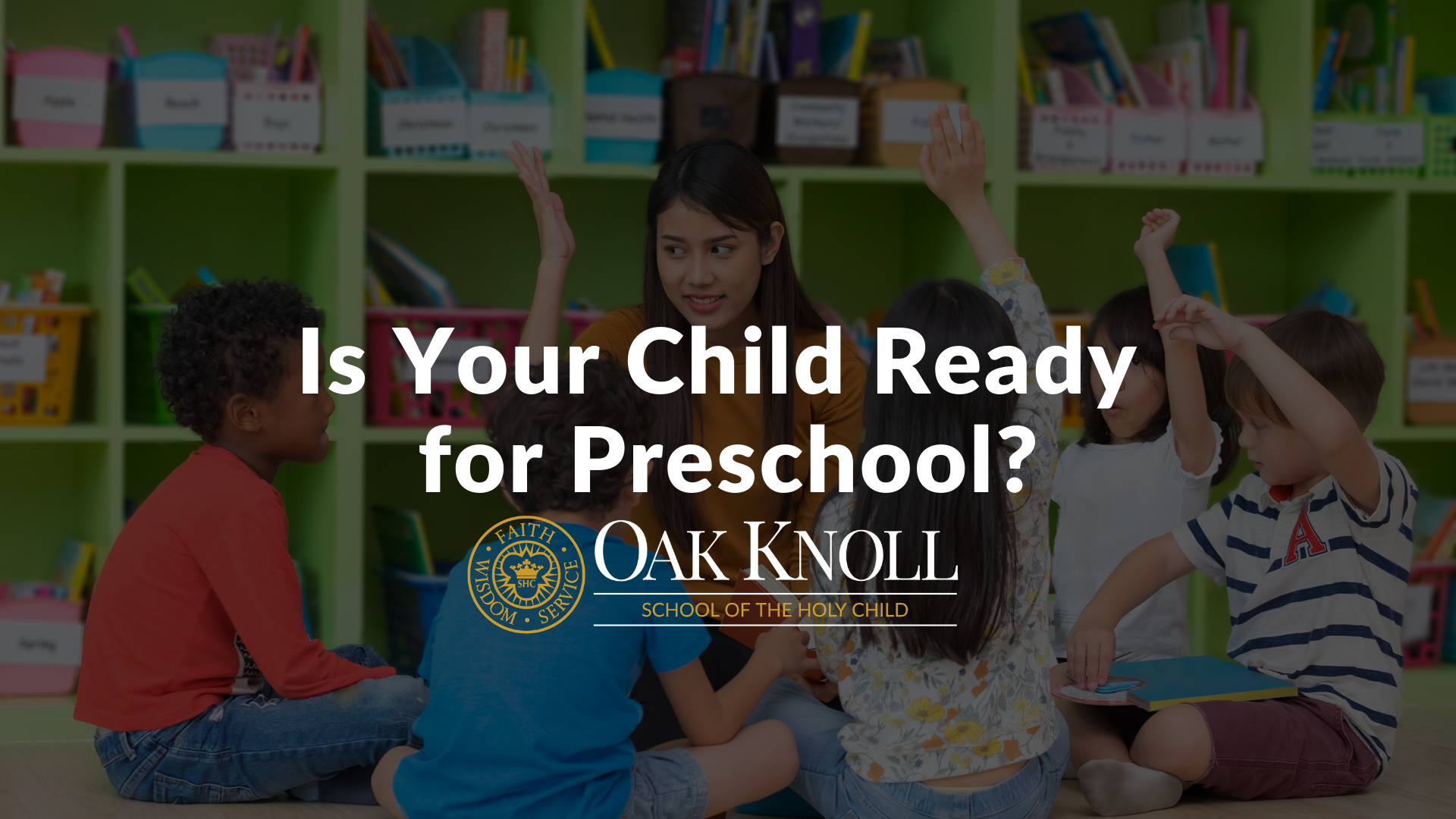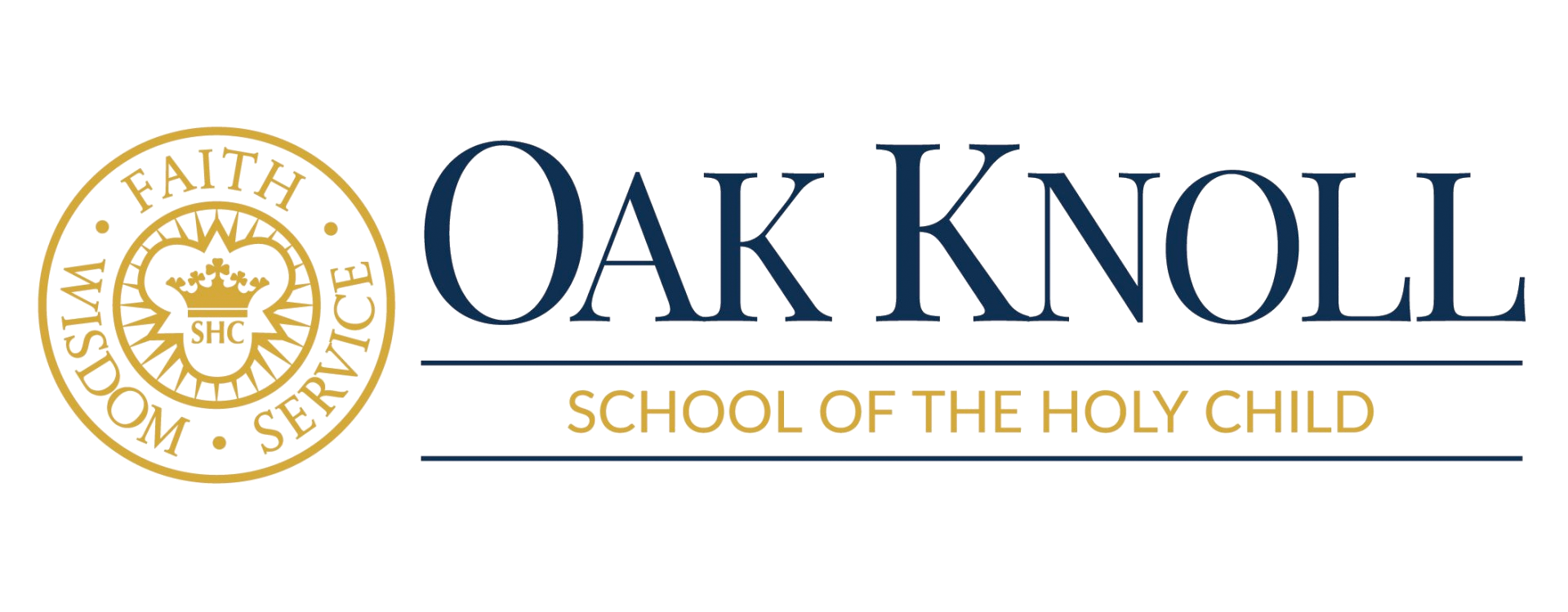For years, experts from different specialty areas have proven multiple benefits of a pre-K learning experience. From being better prepared for kindergarten to increasing high school graduation rates by 11 percent, there is no doubt that children who are exposed to a preschool experience reap advantages from this form of early education.

However, not every 3- or 4-year-old child is necessarily ready to step right into a pre-K classroom.
Before signing your child up for a part-time, full-time or modified weekly Pre-K schedule, consider the following areas when determining if your child is ready for preschool.
Potty Training
Every child’s timeframe of potty training is different. Most children, however, potty train between the ages of 2 to 4. Preschools generally have a no-hands policy when it comes to potty training young children and require your child to be self-trained before entering their programs. If your 3 or 4-year old is mostly potty trained, but then has an accident during school hours, the teacher may call you to come in to change them. It’s a good idea to check out your preschool’s individualized policy on potty training before enrolling your child.
Independence & Interaction
Before your child enters preschool, make sure he/she is comfortable playing independently and interacting in a group setting with classmates for at least 5-10 minutes at a time. Preschool rooms are generally set up with unique centers that encourage both guided and self-directed learning. Children entering preschool should be able to find a solo activity that holds their interest for a short time while also being adaptable to playing games and successfully interacting with the other preschool children in the class.
Verbalization
Parents everywhere collectively cringe when they see a young child throwing a tantrum in a store over something they want. While some parents run out of the store embarrassed by their child’s behavior, other’s will continue shopping while calmly telling their child to use their words instead of yelling. In a preschool setting, tantrums are distracting and disruptive to a class so preschool-aged children need to be able to calmly verbalize their wants and needs.
Separation
This is sometimes the most difficult area to navigate as a parent. Some children have no problem separating from their parents or caregiver when transitioning into preschool, while others have a difficult time with separation. If your child has not had experience with separating from his/her parents, it’s a good idea to practice leaving your child with a babysitter a few times a week before preschool begins. It’s important for your child to learn that his/her parents will leave from time-to-time, but they will always come back. While nothing prepares you to see your child crying as you walk out the door, there are many different books that you can read with your preschooler that may help curb the level of separation anxiety they experience during preschool drop-offs.
Navigating the early preschool years alongside your child will have its ups and downs. So before walking him/her into preschool on the first day of school, make sure they have some experience in the areas mentioned here. Children thrive on schedules and they will eventually get used to their day away from home. While it may seem as though your preschooler misses you, adjusting to preschool is sometimes much harder on the parents than it is on your child!





